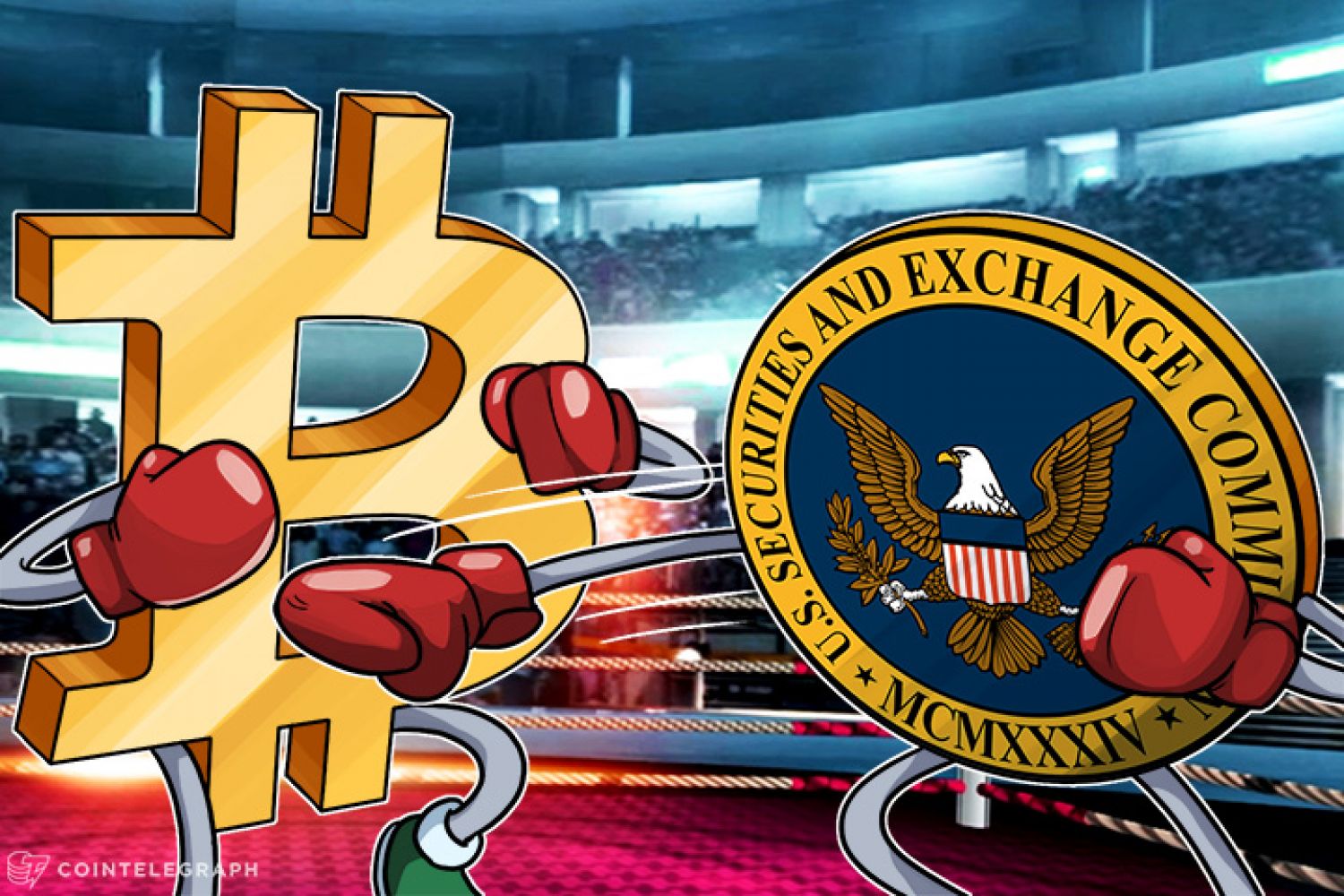US Securities and Exchange Commission is still eyeing to enforce regulations to Blockchain companies engaged in ICO.
With the increase of Blockchain start-ups crowdfunding their projects through ICO, Blockchain experts are worried that the lack of transparency with regards to the issuance of such coins could pose dangers to investors and may be a cause of concern for government regulators as ICOs are "high on radar" of regulators.
According Reuters, Securities and Exchange Commission “is said to be taking a hard look at the increased use of such offerings, with the growth of so-called ICOs surging in recent months.”
With its virtual nature, ICO is likely and can possibly be used for money laundering activities , which makes regulating bodies such as SEC to look into it closely.
Posing a challenge to regulators
The problem facing regulators is the kind of system in which these Blackchain companies are operating. With their decentralized nature meaning no single entity responsible for issuing the coins, while regulators can only go after its third-party service providers which include wallet providers and Bitcoin exchange platforms.
Another problem for the regulators is how to treat this coins: tokens or securities?
In 2014, Janet Yellen, Chair, Board of Governors of the Federal Reserve System clarified that Fed has no jurisdiction for Bitcoins.
"“[T]he Federal Reserve simply does not have authority to supervise or regulate bitcoin in any way. . . . [T]o the best of my knowledge, there is no intersection at all in any way between Bitcoin and banks that the Federal Reserve has the ability to supervise and regulate.”
SEC still unsure how to treat Blockchain and ICOs
The Securities Act of 1933 and the Securities Exchange Act of 1934 broadly define the scope of “securities” to encompass any stock, bond, future, swap, investment contract, and more. Since there are no regulatory guidelines on how to treat Bitcoin or Blockchain, SEC has decided that companies using Blockchain technology for the purpose of trading securities would need to register as an exchange, Alternative Trading System (ATS), or broker/dealer.
Section 3(a)(1) of the Exchange Act defines an “exchange” as:
“any organization, association, or group of persons, whether incorporated or unincorporated, which constitutes, maintains, or provides a market place or facilities for bringing together purchasers and sellers of securities or for otherwise performing with respect to securities the functions commonly performed by a stock exchange as that term is generally understood, and includes the market place and the market facilities maintained by such exchange.”
Exchange Act Rule 3b-16(a) interprets the definition to mean any organization, association, or group of persons that: (1) brings together the orders of multiple buyers and sellers; and (2) uses established, nondiscretionary methods (whether by providing a trading facility or by setting rules) under which such orders interact with each other, and the buyers and sellers entering such orders agree to the terms of a trade.
Therefore, if a Blockchain technology platform brings together several buyers and sellers of digital assets that are deemed as securities, the platform could be required to register as a Securities exchange unless it falls within an exclusion from registration.
To be classified as securities, the company owning cryptocurrencies would need to provide shares. For instance, SEC held in the matter of BTC Trading, Corp. and Ethan Burnside, specifically because when the company allowed users to purchase stock in virtual currency, they violated Sections 5 and 15(a) of the Exchange Act for not registering as a broker/dealer, or as a national securities exchange.
Fortune staff writer Jeff John Roberts says:
“Even the most legitimate and fiscally sound ICOs pose a potential threat for their issuers. “Coins” or tokens can look a lot like traditional securities, because they enable companies to take investors’ cash while holding out the potential for profit. And selling securities without SEC approval violates federal law”.
While ICO tokens continue to be traded without government regulations, it’s only a matter of time until SEC would come up with some form of regulation that may ultimately cause a setback to many Blockchain companies and their ICOs.


